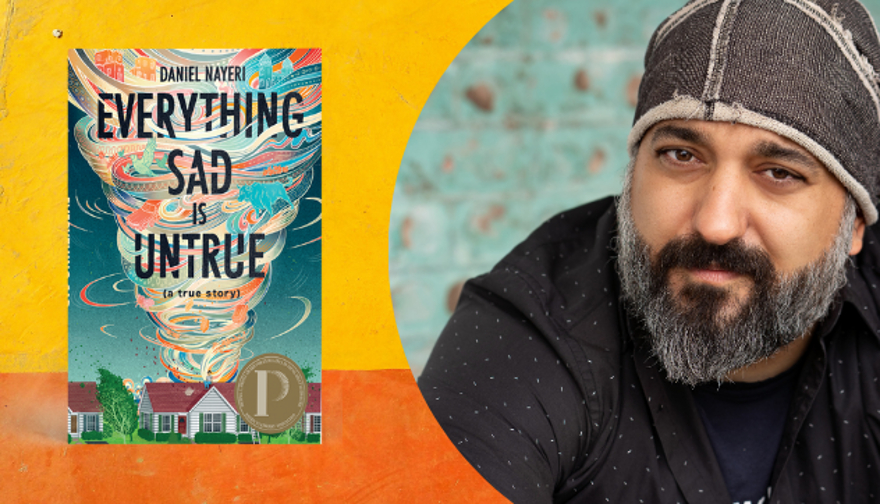Joshua 4:21-24
And he said to the people of Israel, “When your children ask their fathers in times to come, ‘What do these stones mean?’ then you shall let your children know, ‘Israel passed over this Jordan on dry ground.’ For the LORD your God dried up the waters of the Jordan for you until you passed over, as the LORD your God did to the Red Sea, which he dried up for us until we passed over, so that all the peoples of the earth may know that the hand of the LORD is mighty, that you may fear the LORD your God forever.”
Whenever families get together, they usually tell old stories. There will be laughing and crying, eye rolling and interrupting, but that’s not the point. The point is remembering.
Remembering the things that happened and the people who were. Remembering where we come from and who we’ve loved. Remembering the places and the ways we changed while we were there. Remembering the hardships and suffering and walking through to the other side of it. Remembering humiliation and how it carved scars into us while also making us stronger. And more than anything else, remembering the faithful God who was and is and will be to come.
For the younger generations who didn’t live through those stories, the remembrance is so they might know.
Isn’t that why God commanded Joshua and the Israelites to erect the stones of remembrance?
For those reasons, Daniel Nayeri wrote his beautiful book, Everything Sad is Untrue.
Nayeri’s book is hard to classify. It reads like a novel, but it’s his story. It’s also the story of his family, generations and generations back. It’s the story of the culture and people he was born into and had to leave behind when his mom refused to give the names of the attendees of the local church. It’s the story of being a refugee and an immigrant, of being poor and without a home. It’s the story of the heartbreak of his parents’ broken marriage and abuse and suffering.
Like the Persian rugs he frequently refers to, Nayeri’s story is complex and beautifully told. Nayeri’s book is deeply personal. It has threads and plot lines that I’m sure many immigrants and refugees have experienced, but really, the story is uniquely his. He experienced it. But it’s also the story of being human and what we all experience and share in common.
It’s like all our stories. They’re unique to us, and yet they’re not—my story also belongs to the story of those who came before me and will be part of the story of those who come after me. My story isn’t isolated and really can’t be told on its own because it’s woven together with the stories of so many others.
Nayeri’s story can’t be told without his mom’s story. And the biggest, most important part of her story is that she was once comfortable in earthly possessions, but she left it all behind because Jesus was worth so much more. As he weaves in tales from ancient Persia, his great grandparents in Iran, and his middle school language arts class in Edmond, Oklahoma, that’s the story he’s ultimately telling and remembering. That’s the story we ultimately have to know. She met her savior and knew she needed him more than anything else. She endured terrible suffering because of it—but ended up with the better treasure. Just like Nayeri’s and his mom’s stories, our story is part of such a bigger story—the story of a God who is saving people from their brokenness and making all their sadness untrue.
- Review: Everything Sad is Untrue - January 23, 2023
- A Place to Hang the Moon - August 1, 2022
- The Hard Stories of Katherine Paterson - April 27, 2022

A beautiful book, indeed!